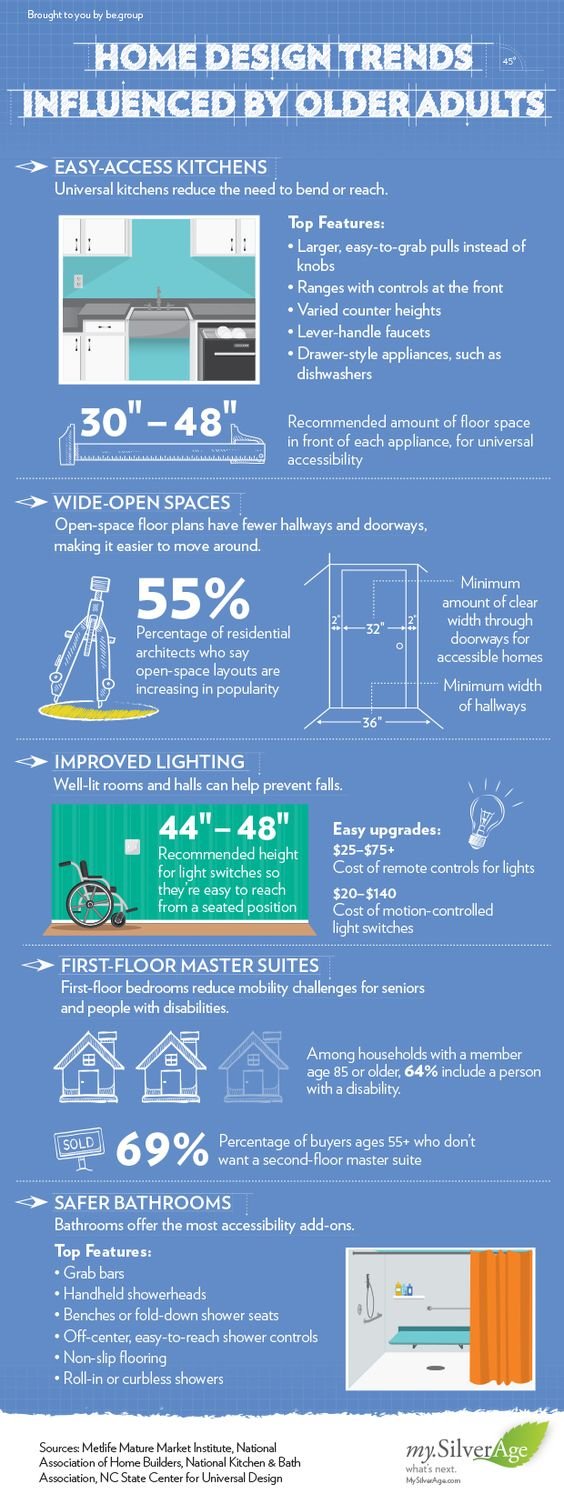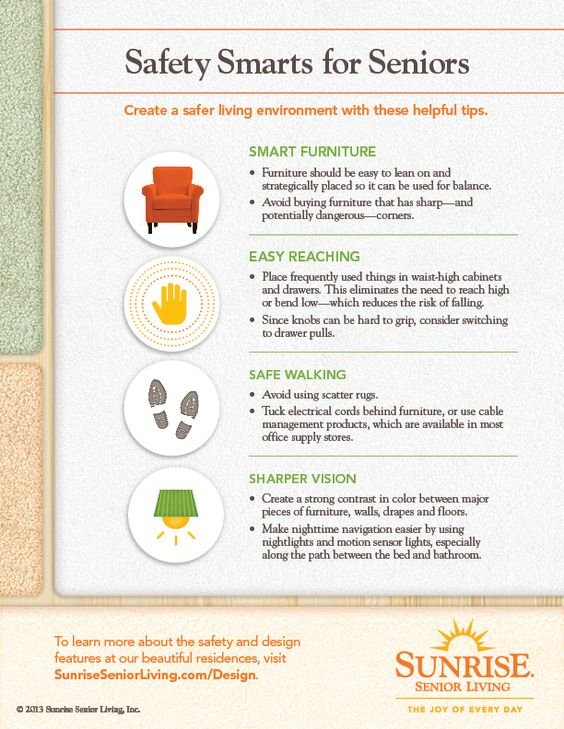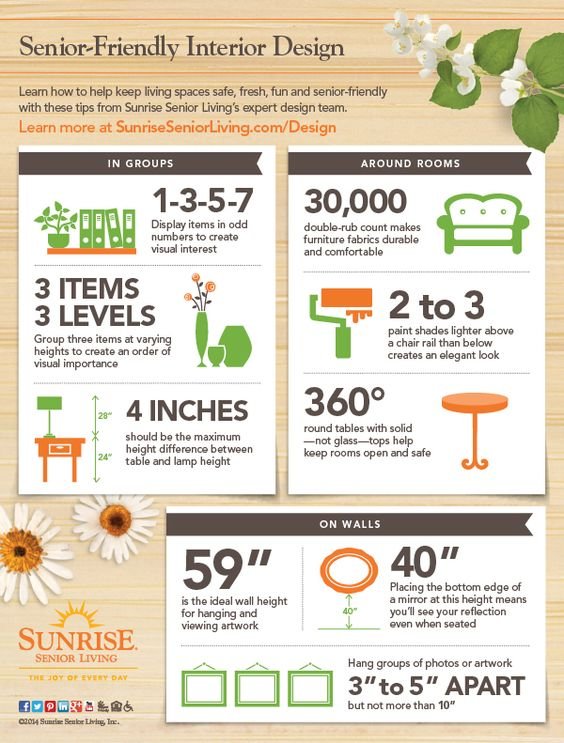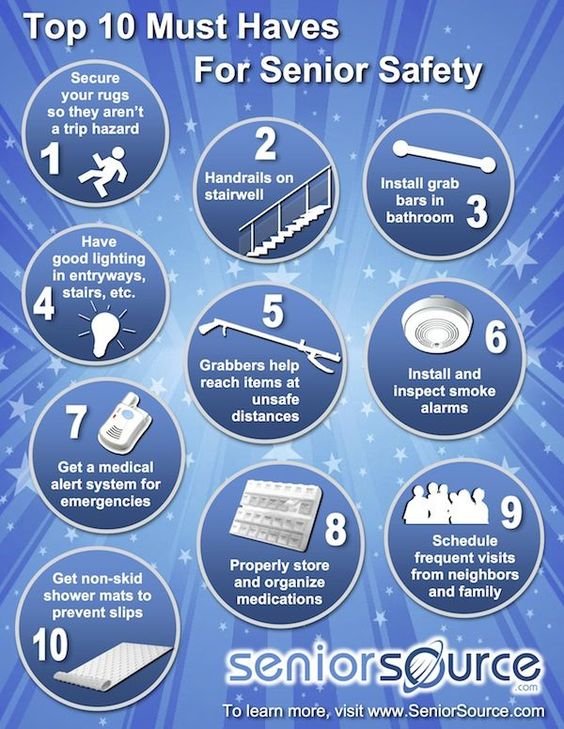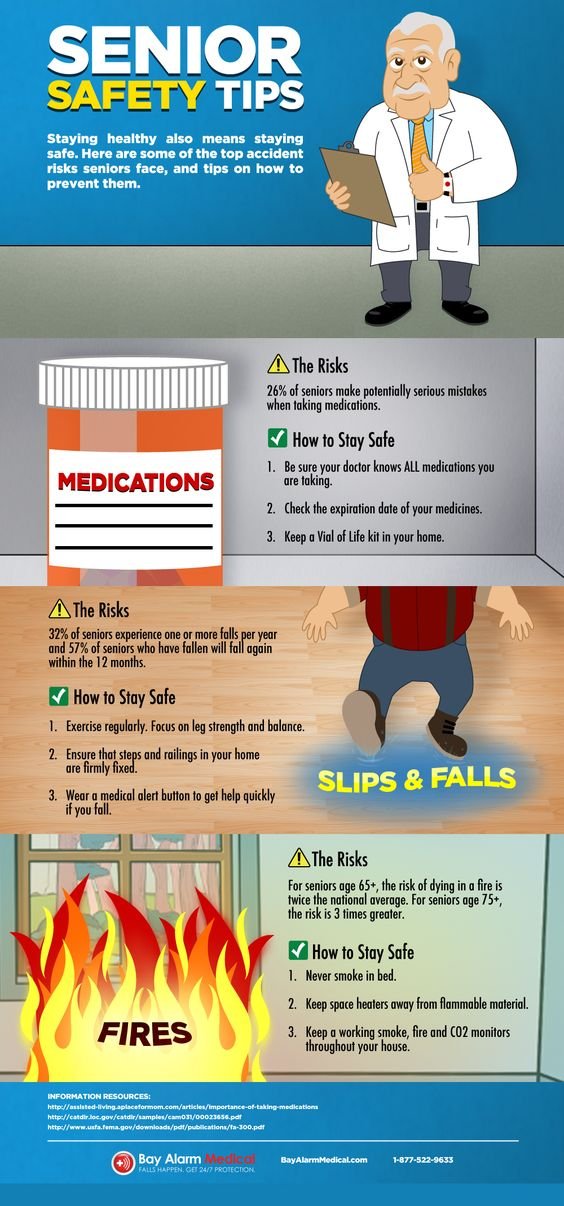5 Safety Tips for Seniors Living Alone : A recent study from the Pew Research Center found that 32 percent of women over the age of 65 live alone.
There are some benefits that come with living on your own as a senior woman, including having more time to spend on your hobbies and interests. However, there are also risks that come with living alone. Many Seniors are opting for Medicare Advantage plans 2021 to get great coverage and a variety of benefits and cover their health care expense risks.
It’s important for senior women to take steps to protect themselves and their homes as they age. Listed below are five Safety Tips for Seniors Living Alone feel safe and secure in their homes.
1. Keep and Maintain an Emergency Kit
No matter how badly we wish we didn’t have to, everyone has to deal with an emergency situation at one time or another. From power outages to natural disasters, it’s important to prepare for the worst while hoping for the best.
One way that you can be prepared is to put together a special emergency kit. Include blankets, a flashlight and extra batteries, some candles, and a lighter or some matches.
It’s also a good idea to have non-perishable food and bottled water stored away so that you won’t have to worry about having enough to eat or drink when something goes wrong.
2. Invest in Medical Alert Jewelry
Medical alert bracelets or necklaces are essential for seniors who live alone. These accessories don’t just provide great style for men and women, but they could end up saving your life.
If you fall and injure yourself, for example, you can press the button on your bracelet or necklace to summon help quickly to your door. You’ll also avoid further injuries since you won’t have to try to stand back up and get to a phone.
Medical alert jewelry also helps you maintain your independence while living alone. Sometimes, well-meaning family members will pressure their older relatives into moving into a nursing or assisted living home because they worry about potential accidents.
However, if you invest in a medical alert bracelet or necklace, you and your relatives will have peace of mind and know that, in the event that you do fall, help is just a pressed button away.
3. Avoid Slips and Falls
Falls are the number one cause of injury for American senior citizens. In fact, an older adult gets emergency treatment for a fall every 11 seconds!
To avoid finding yourself in the hospital after a bad spill, take these steps to help prevent slips and falls:
- Talk to your doctor to find out if any of your medications may cause dizziness that could lead to a fall
- Get regular exercise to improve strength, balance, and coordination
- Wear shoes with good grip to avoid slipping
- Have your rugs taped down to prevent them from sliding
- Remove stray electrical cords or hard-to-see items that could cause you to stumble and fall
- Avoid storing items in hard-to-reach areas
4. Manage Your Medications
If you take a variety of medications, you may be at risk for accidentally poisoning yourself. The risk increases for seniors who live alone and don’t have anyone assisting them with their medication regimen.
To avoid accidental poisoning, keep these tips in mind:
- Store medications in their original containers
- Use one pharmacy for all your medications
- Ask your pharmacist for large-print labels
- Take your medications in a well-lit area
- Have one physician look at all your medications to ensure there’s no risk of cross-medication poisoning
5. Protect Yourself from Break-ins and Burglaries
Seniors, especially senior women, who live alone are also at risk for burglaries and break-ins.
Take the following steps to protect yourself from becoming a victim of these unfortunate, but common, crimes:
- When you’re away from home, set your lights, television, and other devices on a timer to create the illusion that someone is at home.
- Have a neighbor mow your lawn and pick up your mail
- Avoid leaving doors and windows unlock
- Don’t hide your spare key outside
- Keep your trees and shrubs trimmed so no one can easily hide in them
- Use motion-activated security lights
- Be sure to secure the back and side entrances to your home
- Invest in a home security system (many also provide you with a medical alert bracelet)
Conclusion:
As a senior citizen, and, in particular, a senior woman, it can be scary to live on your own at times. However, these tips can help you stay safe and secure while giving you peace of mind. Implement them today!
Related Videos to Safety Tips for Seniors Living Alone:
NFPA Safety Tips for Seniors
https://www.youtube.com/watch?v=cBkA6vN9yTo?autoplay=1&rel=0
Winter Safety Tips for Seniors
https://www.youtube.com/watch?v=D_q21EW4bKE?autoplay=1&rel=0
How to Make a Home Safe for an Elderly Person
https://www.youtube.com/watch?v=IRqqxVHgv98?autoplay=1&rel=0
Elderly Home Safety
https://www.youtube.com/watch?v=O0OP9LWNo6s?autoplay=1&rel=0
Senior Citizen Safety: Self Defense & Personal Safety Tips
https://www.youtube.com/watch?v=JRuPPW4NXRs?autoplay=1&rel=0
Seniors Living Alone
https://www.youtube.com/watch?v=HKyYjKZrjbo?autoplay=1&rel=0
Related Infographics to Safety Tips for Seniors Living Alone:

